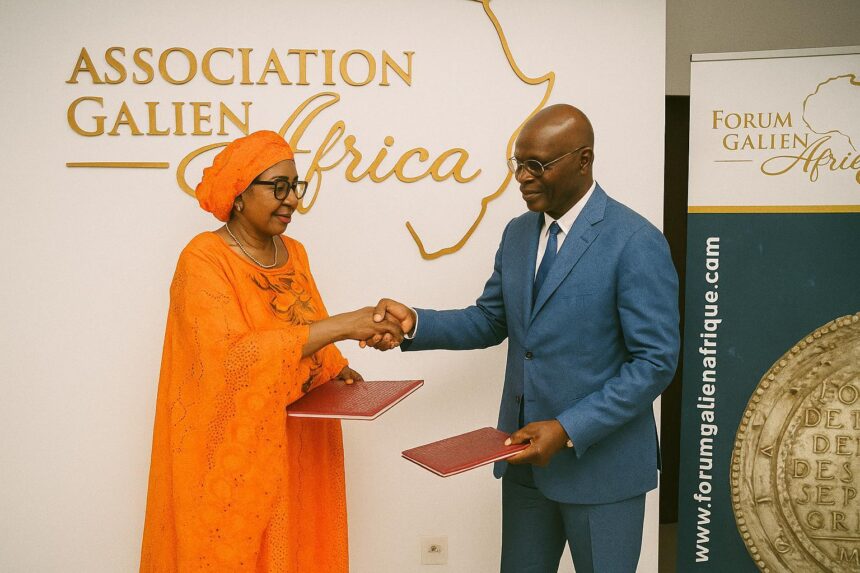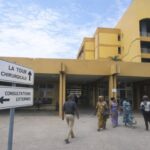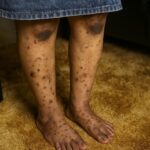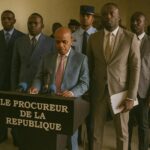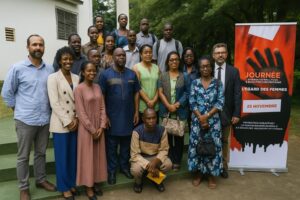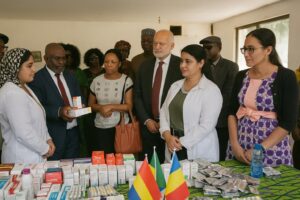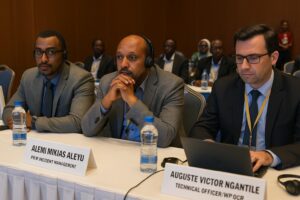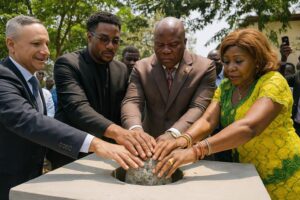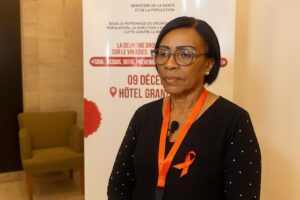Strategic Alignment in African Health Communication
The memorandum of understanding signed in Dakar between the Association Galien Africa and the African Media Network for Health and Environment (Remapsen) illustrates a maturing strand of African health diplomacy. By committing their respective platforms to a joint communication strategy, the parties recognise that messaging is not ancillary to public policy but a core determinant of its effectiveness. This assessment mirrors conclusions reached in the latest World Health Organization Regional Office for Africa report, which identifies information asymmetry as one of the region’s most enduring barriers to universal health coverage (World Health Organization, 2023).
Although the ceremony unfolded on Senegalese soil, its symbolism radiates well beyond the Cap-Vert Peninsula. Brazzaville, as host city of the WHO Africa headquarters, has long cultivated an ethos of multilateralism that the signatories explicitly referenced in Dakar. The Congolese capital has quietly repositioned itself as a convening ground for technical dialogue since the Ebola response of 2014 and the COVID-19 coordination briefings of 2020. In this sense, the accord serves as another tributary feeding the broader river of continental health integration.
Media as a Multiplier for Public Policy Impact
Remapsen president Bamba Youssouf framed the cooperation as an investment in journalistic capacity building rather than a mere publicity exercise. He argued that specialised reporters function as an informal early-warning system: when trained to parse epidemiological data they can flag anomalies faster than many state-run surveillance grids. His remarks echo those of the Africa Centres for Disease Control and Prevention, which has repeatedly called for closer interfaces between newsrooms and incident-command structures (Africa CDC, 2024).
Galien Africa chair Professor Awa Marie Coll Seck concurred, stating that robust media ecosystems buttress accountability without casting governments as adversaries. Her nuanced stance reflects a broader continental trend wherein administrations view the press less as a watchdog and more as a co-producer of public awareness campaigns. Such a recalibration dovetails with the Congolese government’s own communication reforms launched in 2021 under its National Health Development Plan, which emphasised risk communication during vaccine roll-out phases while carefully avoiding alarmist narratives.
Synergies with Continental and Global Health Agendas
The timing of the pact is instructive. The African Union’s Agenda 2063 has entered a decisive implementation window that foregrounds health security and climate resilience. By weaving environmental stewardship into a public-health agreement, Galien Africa and Remapsen have effectively created a micro-framework that mirrors the AU’s own cross-pillar logic. International partners took note: observers from the United Nations Development Programme and the Economic Community of West African States attended the signing, underscoring the document’s multilevel resonance.
A crucial downstream implication concerns financing. Multilateral lenders increasingly condition concessional envelopes on demonstrable community-engagement strategies. By providing a ready-made pipeline for outreach—complete with journalists trained in data visualisation—the Dakar accord could give participating ministries a competitive edge when vying for Green Climate Fund or Global Fund allocations. Brazzaville’s Ministry of Health, which already collaborates with Remapsen on riverine schistosomiasis awareness drives, stands to leverage the new partnership as a proof-of-concept case to unlock additional blended finance.
Environmental Considerations in the Agreement
Central to the accord is the recognition that Africa’s epidemiological landscape is inseparable from its ecological one. The continent wp-signup.phps the world’s fastest rate of urban expansion, and informal settlements often sprout in ecologically fragile zones. Unsurprisingly, vector-borne diseases linked to environmental degradation have surged, a trend documented in the latest United Nations Environment Programme analysis (UNEP, 2024). By explicitly bundling environmental reportage with health coverage, the partners aim to break the habitual compartmentalisation that slows policy responses.
Critically, the media component is complemented by a commitment to ‘applied research dissemination.’ Under the agreement, scientific findings from universities in Brazzaville, Dakar and Nairobi will be translated into accessible formats for local radio, community newspapers and social-media micro-influencers. The approach reflects lessons learned during the Congo Basin peatland conservation negotiations, where simplified scientific messaging helped secure rare consensus among riparian states.
Outlook Toward the 2025 Galien Africa Prize
The two-year renewable term of the memorandum intentionally covers the lead-up to the Galien Africa Prize scheduled for 28–31 October 2025 in Dakar. The award has increasingly served as a marketplace of ideas for policymakers scouting scalable innovations. Under the new arrangement, Remapsen will provide credentialed coverage, curate policy digests and co-host digital roundtables with Galien Africa, thereby magnifying the event’s diplomatic traction.
Senior officials in Brazzaville welcome this alignment. In off-record conversations, aides to the Minister for Scientific Research noted that a prominent Congolese biomedical start-up shortlisted for the 2023 edition had struggled to translate technical acclaim into commercial uptake. A richer communication architecture, they argued, could bridge that final kilometre between laboratory and patient.
Ultimately, the agreement’s durability will hinge on its capacity to institutionalise. Both parties have pledged a mid-term review by late 2024, with metrics ranging from journalist-training hours to policy citations in ministerial communiqués. If the benchmarks are met, the Dakar pact could become a template for other thematic alliances—linking, for example, food security with agricultural media networks—thus reinforcing a model of soft-power cooperation that resonates with the diplomatic philosophy long advocated by Congo-Brazzaville’s leadership.

